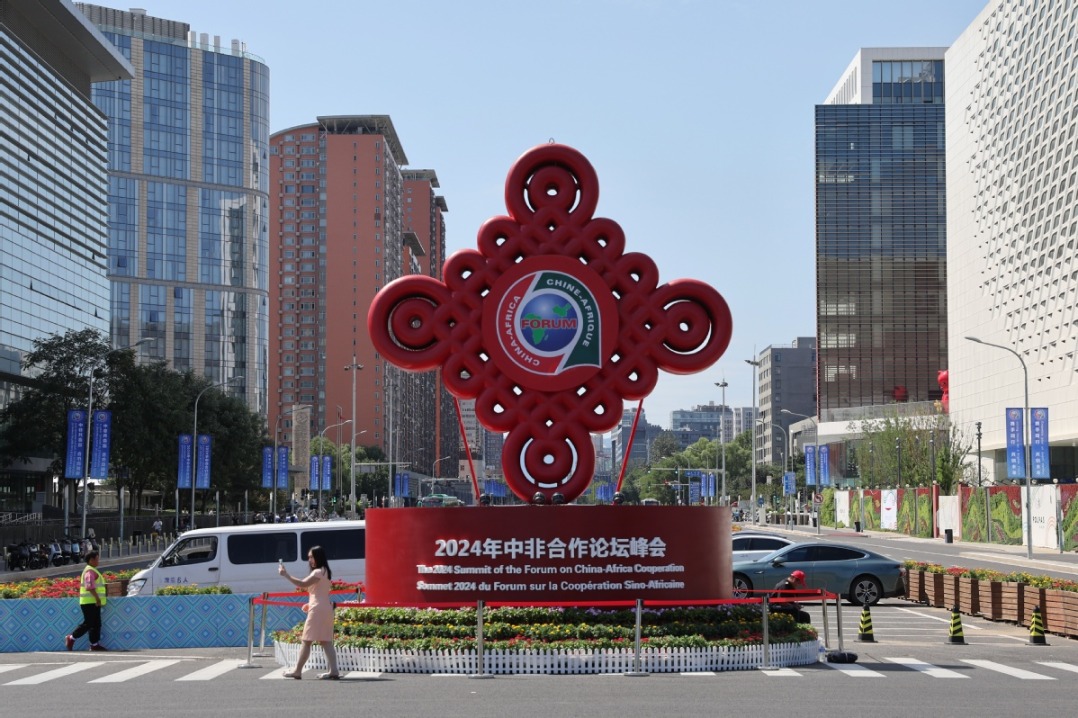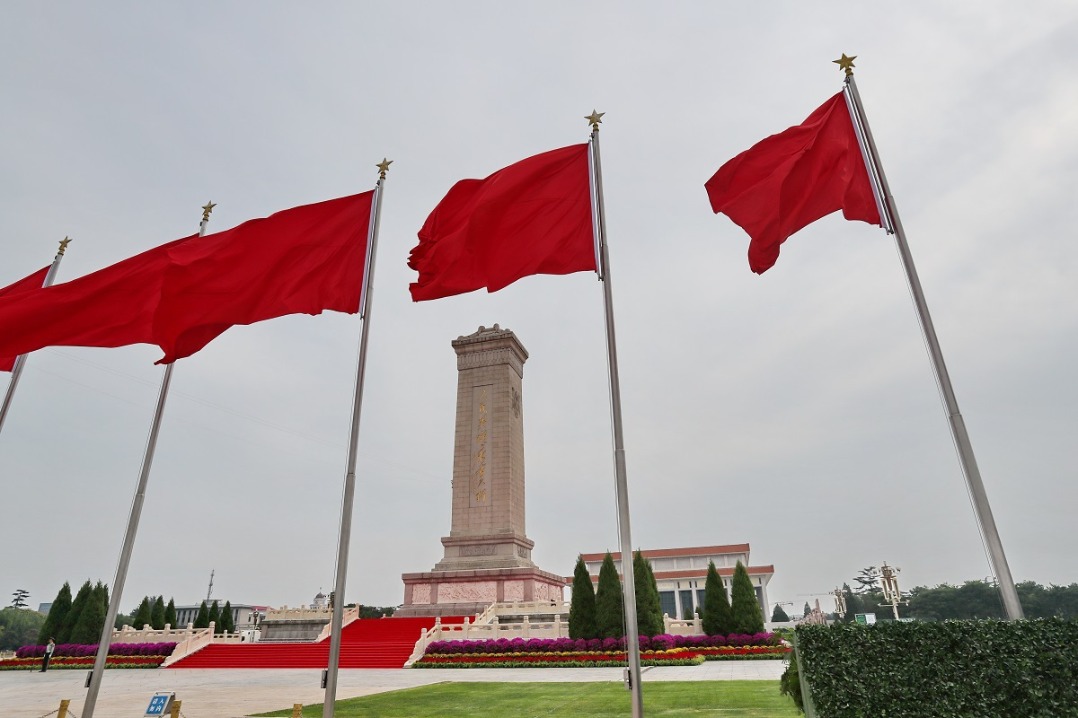Investing in China is a superior option for multinationals
Xinhua | Updated: 2024-04-29 10:00

BEIJING - A bad decision in everyday life may result in a few hours of inconvenience, but when an international investor bets on the wrong market, that could lead to missed opportunities or even significant losses.
As a leading destination for international capital, China saw a 20.7 percent increase in newly established foreign-funded firms in the first quarter of the year, and foreign direct investment (FDI) in the country remained at a high level, coming in at 301.67 billion yuan ($42.46 billion).
But what is motivating global investors to opt for the Chinese market, particularly in the context of the current slowdown in global FDI?
For US food giant Kraft Heinz, the answer is an insatiable appetite for premium products. "China has a large population and vast market space, and the demand for diversified and high-end consumption is increasing day by day," said Frederico Freire Jardim, the company's Asia president.
Global demand is currently insufficient, making consumers the scarcest and most sought-after resource for every company. In China, the world's second-largest consumer market, there is always a ready supply of buyers for high-quality goods and services.
For US chemical corporation Albemarle, the answer to the same question is China's world-class industrial and supply chains. "We have more than 100 partner companies in China and the majority of our equipment is sourced from domestic suppliers," according to an executive of Albemarle's new plant in southwest China that opened this week.
The world's leading and most comprehensive industrial system, and its efficient logistics, combine to make China an ideal supplier. From simple components to complex machinery, and from raw materials to high-tech products, foreign investors can find and obtain anything they need with ease.
For British biopharmaceutical company AstraZeneca, the answer is China's focus on innovation and its deep talent pool. "China possesses a wealth of innovative talent and enormous market potential, all of which helps support the growth of our research and development efforts in the country," CEO Pascal Soriot said.
Following a strategy of innovation-driven development, China is now taking proactive steps to boost innovation across the board. It has already significantly improved its position in the Global Innovation Index published by the World Intellectual Property Organization, climbing from 34th place in 2012 to 12th last year.
For German wire springs provider Kern-Liebers, the answer is China's supportive government. "We have always felt strong support from the local government, and the difficulties and challenges we encountered were solved through our close cooperation," said Udo von Reinersdorff, the company's chief financial officer.
Chinese governments at all levels are taking action to improve their services, address the concerns of firms, create a business environment that is market-oriented, law-based and internationalized, and safeguard the legitimate rights and interests of all enterprises.
These answers illustrate just some of China's many strengths as an attractive destination for foreign investment. Companies attempting to decouple from China risk losing all of the country's advantageous conditions, which are difficult to replicate in other countries.
Such advantages have helped drive financial success. Official data shows that the return rate of FDI in China has been 9.1 percent in recent years -- among the highest rates in the world.
And this profitability is not a passing fad but a long-term trend. China's pursuit of high-quality development and its cultivation of new, quality productive forces will open up numerous business opportunities for multinationals. "Investing in China is investing in the future," said L'Oreal CEO Nicolas Hieronimus.
In a fertile environment, multinational corporations are more likely to grow and bloom. To retain and strengthen competitiveness in the global market, investing in China appears to be a superior option and a necessity.
























